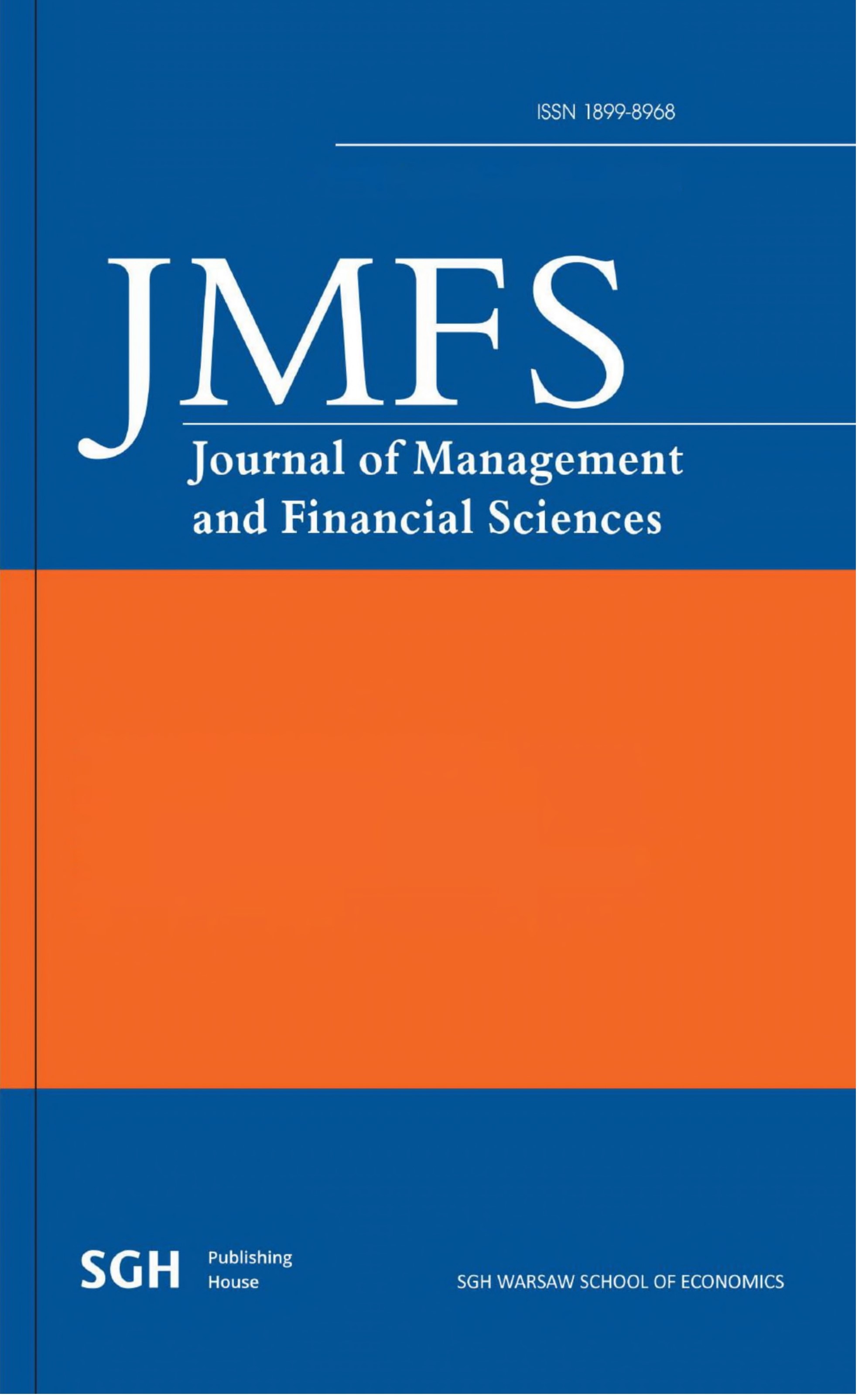Institutional potential and barriers for a circular economy. The case study of Warsaw
Main Article Content
Abstract
The paper presents the study conducted in the Mokotów district in Warsaw, encompassing circular practices of eight chosen local entities, from private, public, and NGO sectors. The choice was based on the preliminary research showing that the entities were already engaged in some form of the circular transition. The definition of the circular economy applied in the study was based on the one proposed by Kircherr, Reike, and Hekkert [2017] describing a circular economy as an economic system based on business models replacing the ‘end-of-life’ concept with reducing, alternatively reusing, recycling, and recovering materials in production/distribution and consumption processes. The aim is to accomplish sustainable development, by creating environmental quality, economic prosperity, and social equity to the benefit of current and future generations.
The goals of the study encompassed:
• verification if there is a common understanding of what the circular economy is;
• identification and comparison of circular practices introduced by various actors;
• identification of existing incentives for circular practices and expected benefits;
• pinpointing the obstacles and barriers, both within organisations and outside.
The identified practices were also verified to support more specific goals of the circular economy, present in the literature. The findings show that current benefits of the circular transition are limited and the actions are mostly driven by personal involvement. The lack of the support of local administration is evident, as well as the limitation of market solutions. Networking turns are to be one of the most important aspects of efficient circular practices.
Downloads
Article Details
References
2. European Comission (2019). European Green Deal. COM, (2019) 640 final. Retrieved from: https://ec.europa.eu/info/strategy/priorities-2019-2024/european-green-deal_en (accessed: 15.11.2021).
3. Gurran et al. (2020). Disruptive Urbanism. Implications of the “Sharing Economy” for Cities, Regions, and Urban Policy. London: Routledge.
4. Kirchherr, J., Reike, D., Hekkert, M. (2017). Conceptualizing the Circular Economy: An analysis of 114 definitions. Resources Conservation and Recycling, 127.
5. Kovacic, Z. Strand, R., Völker, T. (2021). The Circular Economy in Europe. Critical Perspectives on Policies and Imaginaries. London: Routlege.
6. Schumpeter J. A. (1995). Kapitalizm, socjalizm, demokracja. Warszawa: PWN.
7. Stahel, W. (2019). The Circular Economy. A User’s Guide. London: Routlege.
8. Williams, J. (2021). Circular Cities: A Revolution in Urban Sustainability. London: Routledge.
Online resources:
1. Ellen MacArthur Foundation. https://ellenmacarthurfoundation.org (accessed: 17.11.2021).
2. European Circular Economy Stakeholder Platform; https://circulareconomy.europa.eu/platform/(accessed: 17.11.2021).
3. https://adapulawska.org (accessed: 10.07.2021 and 17.11.2021).
4. https://dajherbate.pl/ (accessed: 10.07.2021 and 17.11.2021).
5. https://dobrze.waw.plSP85 (accessed: 10.07.2021 and 17.11.2021).
6. https://fundacjaseniorwkoronie.org (accessed: 17.11.2021).
7. https://nowyteatr.org/pl/teatr/zielony-zespol (accessed: 10.07.2021 and 17.11.2021).
8. https://sp85.edupage.org (accessed: 10.07.2021 and 17.11.2021).
9. https://www.instagram.com/mokotuff_niepodleglosci/ (accessed: 10.07.2021).
10. https://www.kulturadlaklimatu.pl/ (accessed: 8.03.2022).
11. http://www.refre.pl (accessed: 10.07.2021 and 17.11.2021).
12. www.materiality.pl (accessed: 17.11.2021).
13. www.sgh.waw.pl (accessed: 10.07.2021 and 17.11.2021).
